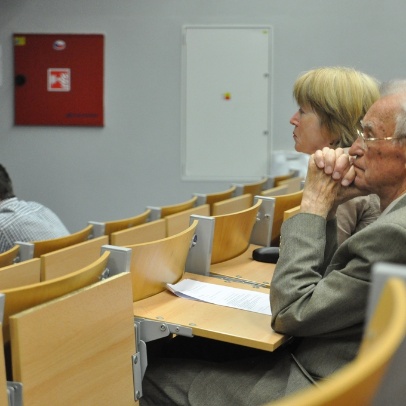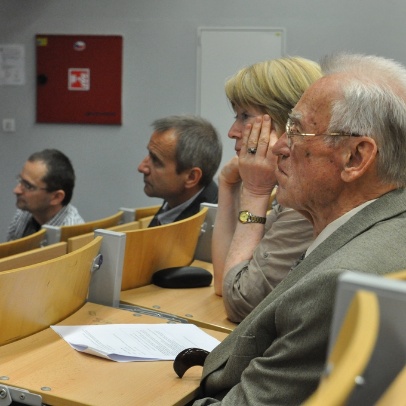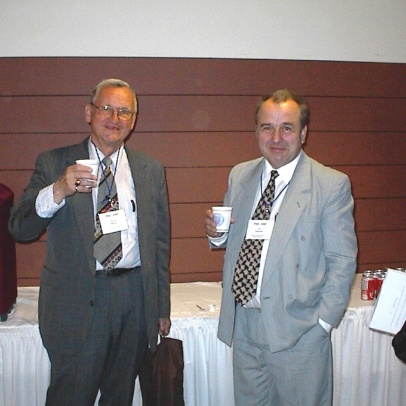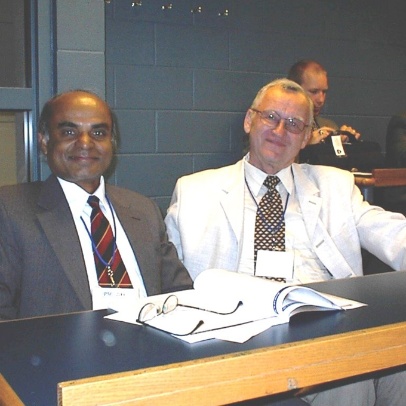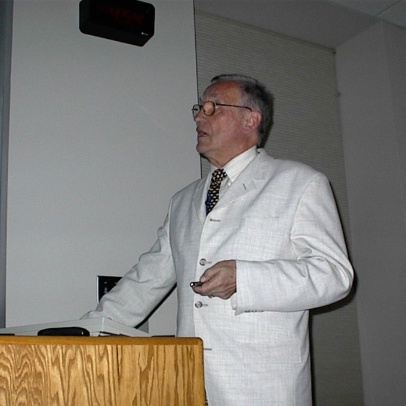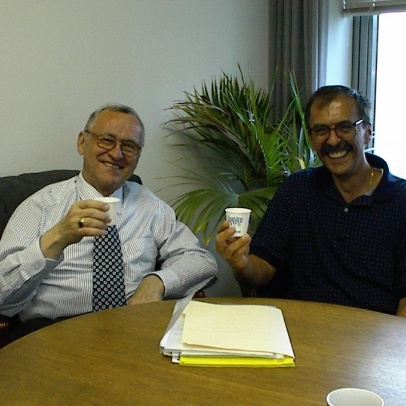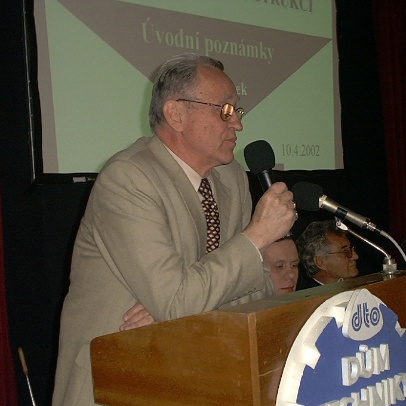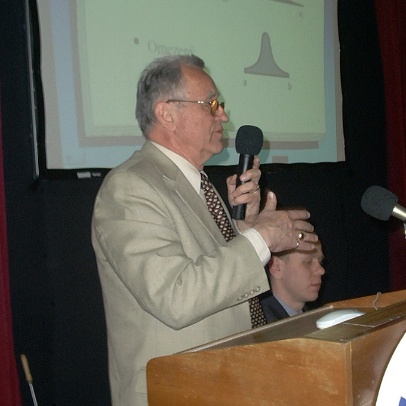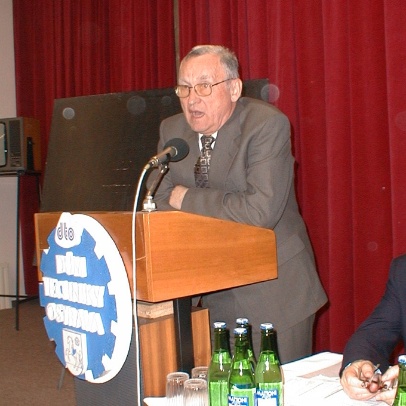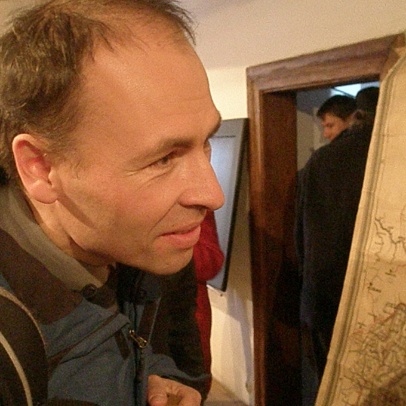Prof. Ing. Pavel Marek, DrSc.
(Jun 24, 1932 - Nov 7, 2016)
After completing his studies in 1950–1955 at the Faculty of Civil Engineering of the Czech Technical University in Prague he started working as an assistant at the Department of Mechanics at the University of Railway. He worked at this department until 1960. He had excellent teachers and associates, prof. J. Duchacek, prof. V. Koloušek and prof. J. Němec. He gained practical experience in cooperation with Ing. Pavlík on steel construction projects for the then built heavy industry in the Ostrava region.
After the school was moved to Žilina, prof. Marek employed as a designer in Kovoprojekta Praha. Versatile professional activity, supported by language skills, created the preconditions for its deployment to the steel plant in Ranchi, Bihar, India. In India he worked as a designer and construction consultant in the years 1960–1964. He then applied valuable practical experience gained during construction in his further professional activities.
After his return in April 1964 he worked at the Department of Steel Structures of the Faculty of Civil Engineering of the Czech Technical University, where in 1967, under the guidance of his supervisor, prof. Faltuse completed and defended his candidate dissertation on the influence of steel structures on undermined areas. The results of his research work at the Department were intrigued by prof. LS Beedla from Bethlem University, USA, where he was invited to a two-year working stay. He was involved in research and publication activities in the field of weld stresses, fracture mechanics and plasticity of steel structures.
After returning to the Czech Technical University in 1970, he continued his scientific, research, teaching and technical standardization work. In 1973 he defended his habilitation thesis and was appointed associate professor of Steel Structures. The focus of his professional activities at that time was the issue of fatigue and fatigue crack propagation.
After leaving CTU in 1982 prof. Marek has worked as an expert in sports facilities. However, he was also engaged in scientific research activities focused on fatigue of steel structures and on the development of the limit state method.
Between 1989 and 1996 prof. Marek has guested at several foreign universities (University of Alberta, San Jose State University, Santa Clara University, California). He dealt with the general issues of the reliability of steel structures and stood at the birth of the probabilistic approach in the assessment of structures by the SBRA (Simulation-Based Reliability Assessment) method.
From 1987 to 1990 he worked at the Faculty of Civil Engineering of the Technical University of Košice and from 1997 to 2007 at the Faculty of Civil Engineering of the Technical University of Ostrava. Here he focused mainly on the development of the SBRA method and successfully led students in their theses and dissertations.
From 1996 to 2010 prof. Marek also worked at the Institute of Theoretical and Applied Mechanics of the Academy of Sciences of the Czech Republic, where he devoted himself to the development of simulation techniques in the design of steel structures. He completed his teaching career at the University of West Bohemia in Pilsen.
